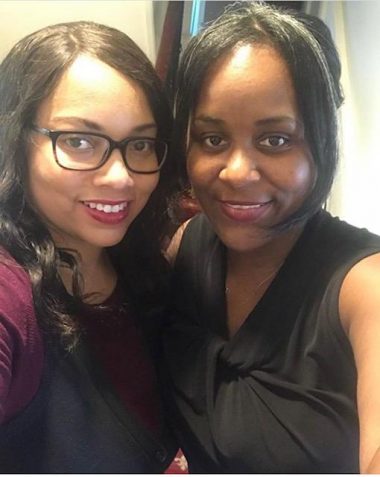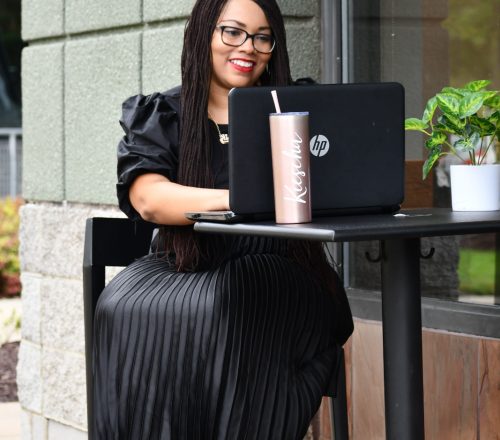Mental Health Check
So much has been going on in the world since COVID-19 surfaced earlier this year. I don’t know about you, but lately I’ve noticed that my anxiety has increased. Also, I find myself feeling frustrated and overwhelmed. My best friend Dr. Tonisha Joanis, who is a licensed counseling psychologist, and I were having a conversation about mental health in and how to cope during these uncertain times. For this week’s encouraging word, I asked her if she could share some mental health coping tips and she graciously said yes (thanks friend).
As a psychologist in private practice, Dr. Joanis has noticed an increased number of mental health referrals during this pandemic. For some people, being quarantined for the past several months has had a significant negative impact on their emotional well-being. Increased social isolation, uncertainty about the future, lack of control over life, work related changes, and physical health challenges, seem to be common problems individuals struggle with at this time. Additionally, there are notable increased reports of symptoms indicative of an anxiety and/or depressive disorder. During any crisis, such as the present pandemic, it is critical that one remains mindful of their mental health symptoms, is intentional about seeking professional help as warranted, and is also incorporating self-care techniques into their lifestyle.
Below are some suggested activities that you can do to take care of your mental health in times of distress:
Religion/Spirituality
Psalm 18:33 reads, “He makes me as surefooted as a deer, enabling me to stand on mountain heights.” (Bible Gateway New Living Translation, 2105). Having a solid religious and/or spiritual foundation during moments of distress, can serve to re-store mental balance, hope, faith, and renewed strength to move forward. Prayer, study of scripture, and listening to religious music are some ways to help reach a state of being emotionally grounded in times of distress.
Food and Exercise
Clean eating and exercise can have positive benefits on your mental health. According to an article by the American Heart Association (2018), research suggests that certain foods have a positive impact on emotional well-being. Furthermore, research confirms that with exercise, your body produces natural endorphins that, simply put, make you feel good! (Cafasso, 2017)
Social Supports
If you find you’re feeling lonely and disconnected, consider reaching out to close friends and/or family members. If you are unable to see them in person, try alternative technologies such as zoom, face-time, or even a simple phone call. Carefully think about the type of friend or family member you choose to connect with. Maybe you need to speak with someone who is known to make you laugh. Or, maybe you need to talk with a person who is a great listener, and allows you vent without judgment. Just remember to choose a trusted individual who is genuinely caring and encouraging.
Goals
Set realistic short and/or long-term goals to accomplish during this pandemic. Perhaps you have always wanted to learn how to play the piano, read more books, or return to creating paintings. Use this time to try out new hobbies, or re-engage with old ones. Increasing pleasurable activities into your lifestyle may help distract you from distress and boost your mood.
Mindfulness Activities
Research has shown that use of mindfulness techniques can help alleviate distress. (Cresswell and Khoury, 2019) There are numerous online resources and apps to guide you through these methods. (Schiola, 2015). A personal favorite is the diaphragmatic breathing technique. Ultimately this approach results in bodily equilibrium and promotes a state of relaxation. (Johnson, 2020)
It is important to be intentional about engaging in self-care activities designed to give you a temporary sense of relief that will allow you to cope through the days.
Dr. Tonisha Joanis is accepting new clients for her private practice Restored Hope Psychological Services, LLC. You may contact her at (973) 913-5131. You must reside in New York or New Jersey to receive counseling services.
If you want a list of references cited in this newsletter, then please contact me.






















